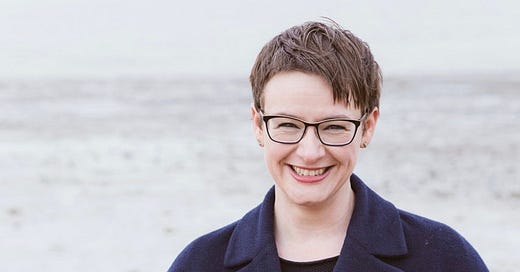Money shame, shredded knickers, and charging what you’re worth
Money is fake, Harry Styles is forever*
I was trying to think of what to write about this week and thought maybe I should start at the beginning. With my earliest money memory. Because I am lazy efficient, I searched up one of my old blogs where I knew I’d written about this before. Turns out I did a month of money posts all the way back in April 2008.





